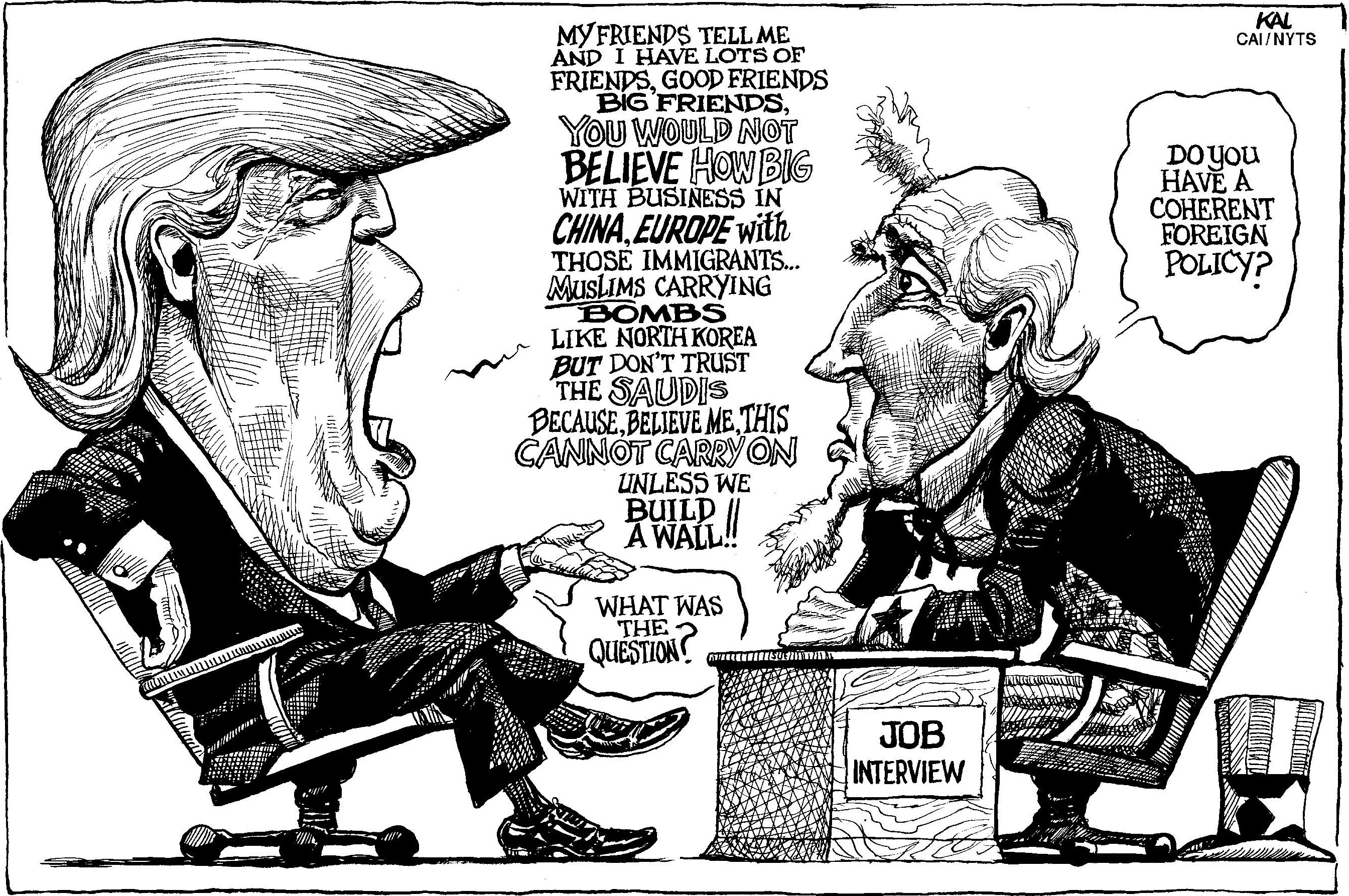Trump doesn't need to win the presidency or even the GOP nomination to have impacted America's relationship with Japan. For Japan, a close ally and trade partner of the United States, the idea that someone whose ideas of the U.S.-Japan relationship are stuck in the 1980s is alarming. The mere fact that he's a leading candidate of a major political party has already done incredible damage to the U.S.' reputation as a responsible, mature democracy. President Barack Obama (as with most Americans overseas) has said that when he meets with foreign leaders the question he most often receives is about what's going on in U.S politics. The answer to that is complicated and equal parts reassuring and discomforting.
First, Trump doesn't know what he's talking about. There have been enough thorough deconstructions of his ideas, especially regarding his views of Japan, to make retread of his exaggerations and bluster redundant. But what's missed in these takedowns, even if the point is made implicitly, is that his statements don't represent a philosophy or worldview beyond the statements themselves.
And those statements are themselves often unashamedly contradictory with what he may have said before. It's true that Trump is a black box in the sense that no one can say for certainty what his administration will look like in terms of staffing or how it will function in the minutiae, but in terms of the underlying philosophy, it's very open and extremely banal.


















With your current subscription plan you can comment on stories. However, before writing your first comment, please create a display name in the Profile section of your subscriber account page.